The challenges and solutions regarding active aging will be debated by more than 100 prestigious specialists from the country and abroad, representatives of the state, the private sector, academia, international organisations and civil society at the National Congress on Active Aging, which begins on Monday at the Palace of Parliament.
According to a press release from the organiser, the National Institute on Active Aging Association, now in its third edition, the event will bring together more than 600 participants and 100 speakers for two days, including Mircea Abrudean, President of the Senate, Victor Negrescu, Vice President of the European Parliament, Florin Manole, Minister of Labour and Social Solidarity, Alexandru Rogobete, Minister of Health, Luiza Spiru, President of the Ana Aslan International Foundation, Mihnea Costoiu, Rector of the Bucharest-based Politehnica University.
The discussions will be organised in seven panels with dedicated themes such as: active aging between strategy and action, the long-term care model, medicine, keeping up with age, financial planning for a sustainable future. One of the most anticipated debates is the one regarding the digitalisation of longevity, supported by Pier Kommers, PhD, professor of digital technologies.
"Active aging represents one of the most important challenges and, at the same time, opportunities for the entire society. As for public policies in the field, they must become a priority in Romania, as in Germany. Through the National Congress on Active Ageing, we aim to bring together experts from various fields to find concrete solutions that will transform old age into a stage of life with meaning, dignity and active participation," said Alexandra Dobre, founder of the National Institute on Active Ageing.
Romania is facing one of the most accelerated demographic aging processes in the European Union. Currently, according to official data, almost two out of ten Romanians are over 65 years old, and in 2060 the situation will be even more worrying - six out of ten Romanians will be over 65 years old, if the birth rate is not improved.
The latest data from the National Institute of Statistics show that the people most affected by material and social deprivation are those aged 65 and over (32.9%), followed by people aged between 50 and 64 (28.4%). However, our country does not have a dedicated budget for supporting the quality of life of seniors, although there is a strategy on active aging, the press release also shows.

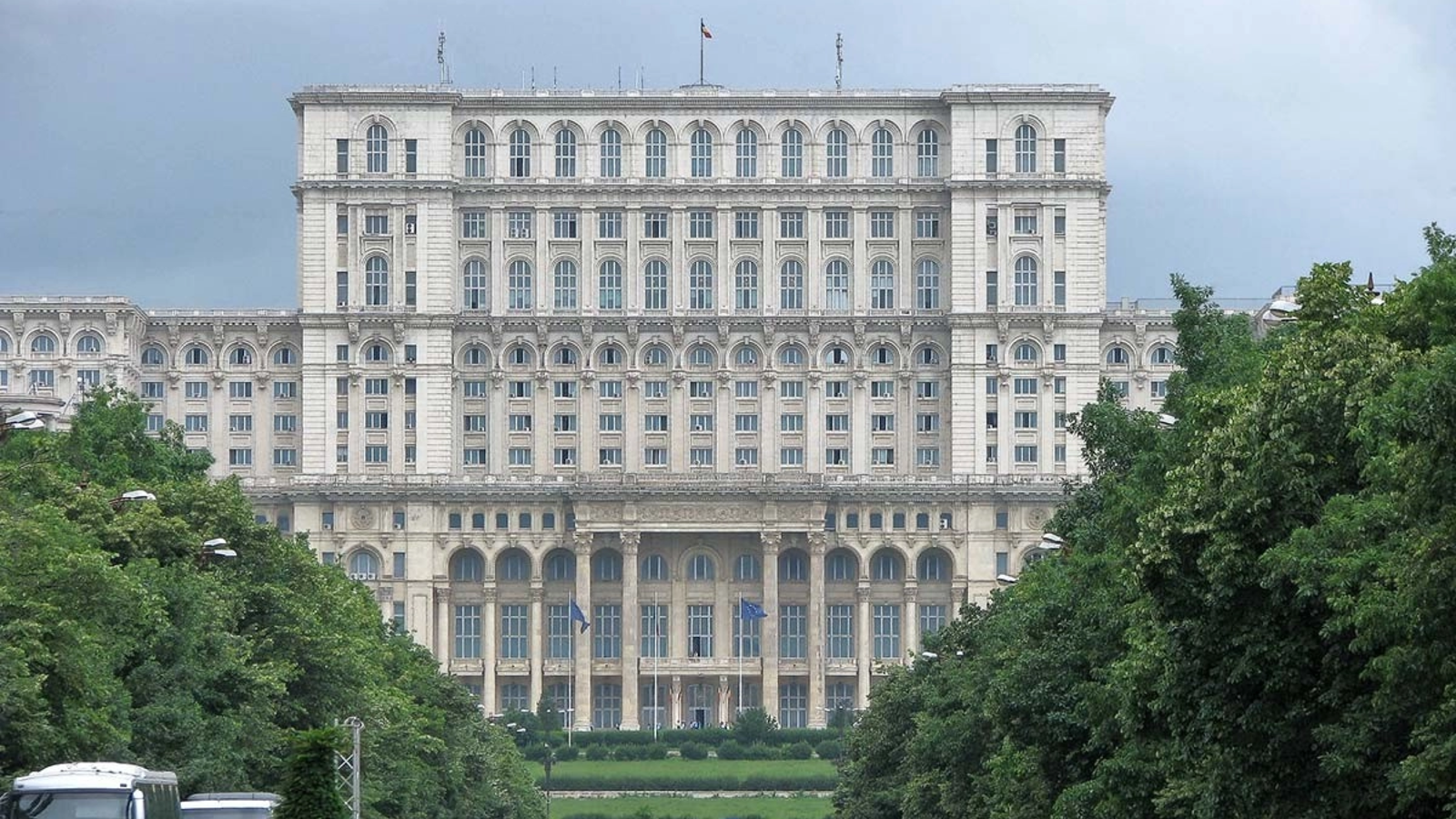





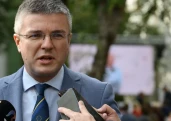





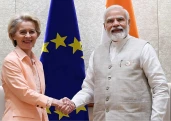


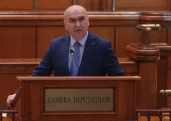
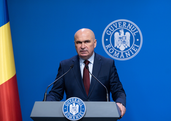


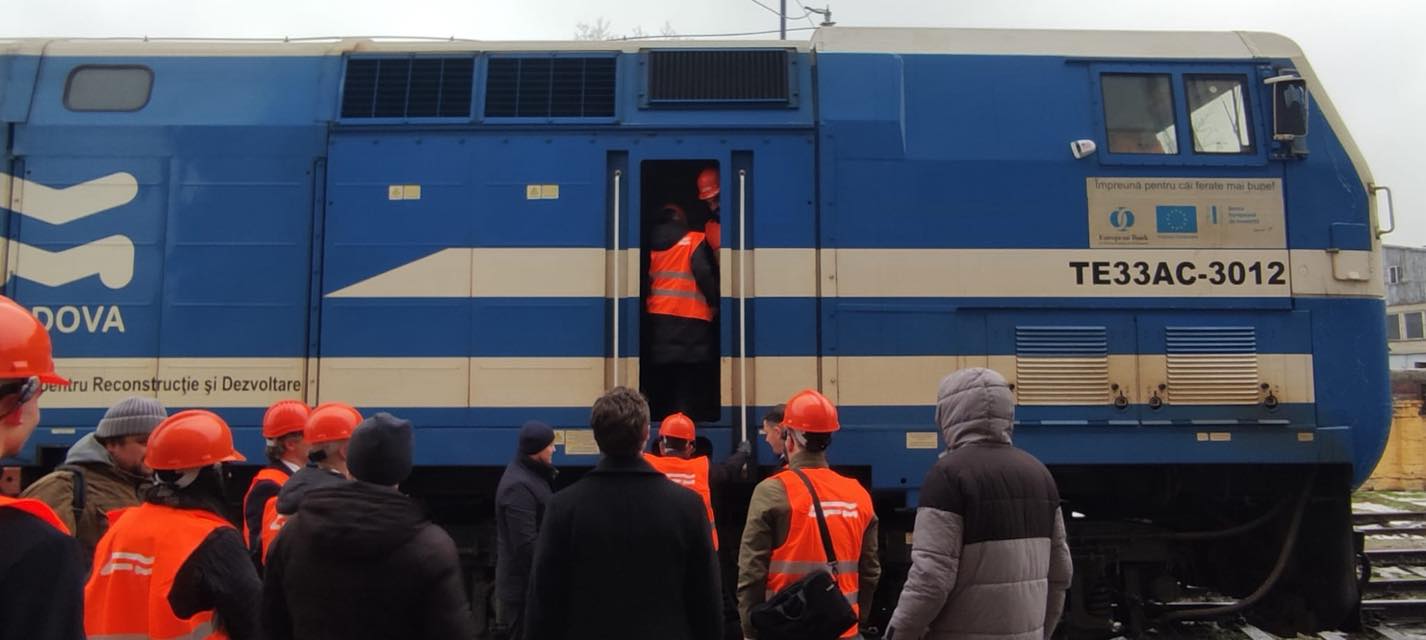











Comentează